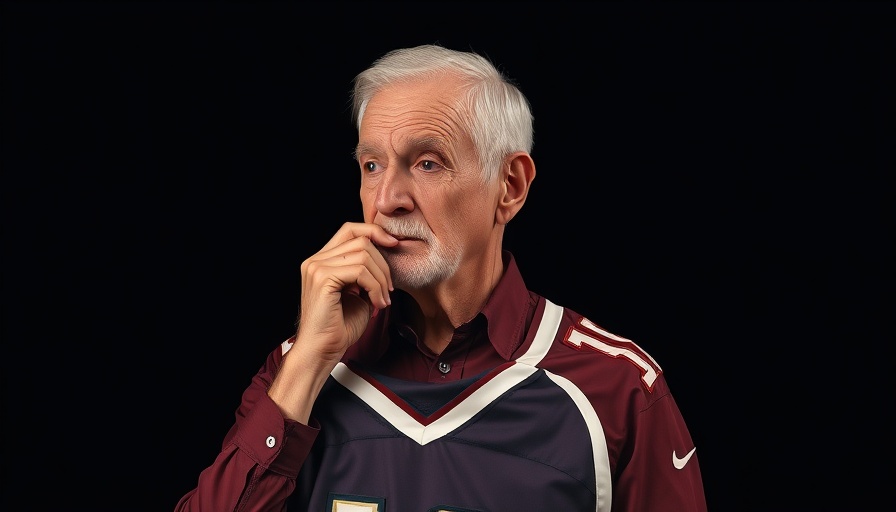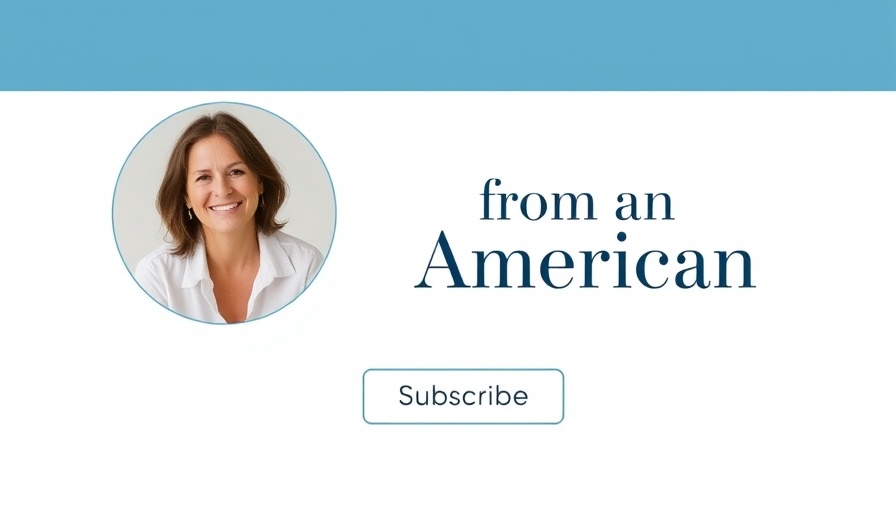
An Artistic Exploration of History and Politics
As we mark the upcoming anniversary of President Gerald Ford’s pardon of Richard Nixon, a compelling blend of art and politics comes to life. Artist and writer Liza Donnelly, along with historian Heather Cox Richardson, have embarked on a creative journey that aims to draw connections between past events and the contemporary political landscape.
This artistic integration invites us to reflect not only on historical contexts but also on how they shape our understanding of today's issues. Donnelly's ability to illustrate complex political narratives serves as a powerful tool in making them more relatable and accessible. By re-examining the Nixon pardon, we delve into the themes of justice, accountability, and the repercussions of political decision-making.
The Lessons of Pardons Past
The significance of presidential pardons in shaping political dynamics cannot be overstated. Ford's controversial decision to pardon Nixon in 1974 was seen by many as an effort to heal a nation fractured by Watergate but also sparked debates on the ethics of absolving political figures from their misdeeds.
Fast forward to today, and we see similar themes resurfacing in our current political climate. Discussions around pardons, whether they relate to high-profile political figures or local leaders, raise critical questions about morality, public trust, and the balance of justice.
Bringing History into Focus
Donnelly's illustrated narratives allow audiences to visualize history in a new light. By examining the nuances of historical events through art, we are encouraged to engage with the moral complexities of our political history. This approach not only enhances our understanding but also invites dialogues on accountability and governance that resonate deeply in our current socio-political environment.
As we draw parallels between past and present, it becomes clear that the lessons learned from the Nixon pardon continue to inform our political decisions. Acknowledging these connections is vital, especially for audiences who occupy significant roles within their communities and are impacted by the political decisions made today.
With an eye towards the future, consider how our current political landscape may be influenced by the decisions of leaders. Never has the integration of art and history been more pertinent in fostering a reflective dialogue that encourages critical thinking.
Invitation for Creative Collaboration
Richardson invites readers to contribute their ideas for future historical topics worth exploring through artistic mediums. This open call not only empowers engagement with history but also reaffirms the importance of shared narratives in understanding our collective journey.
As we navigate through an era marked by uncertainty and change, embracing innovative storytelling methods like these could pave the way for more inclusive conversations about our political future.
 Add Row
Add Row  Add
Add 




Write A Comment